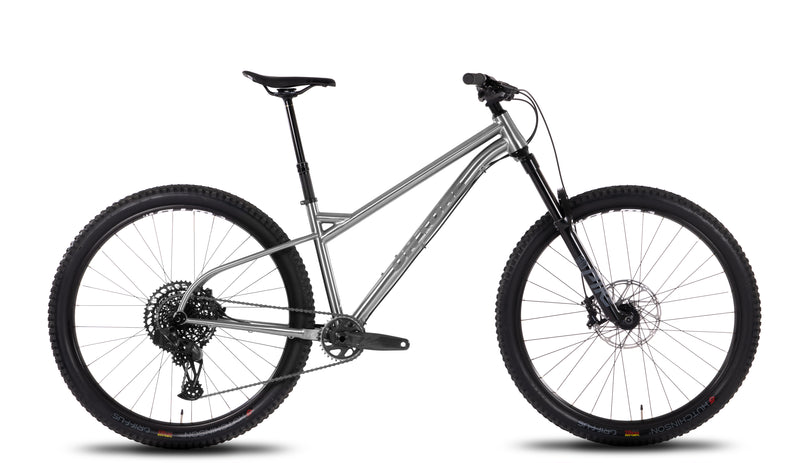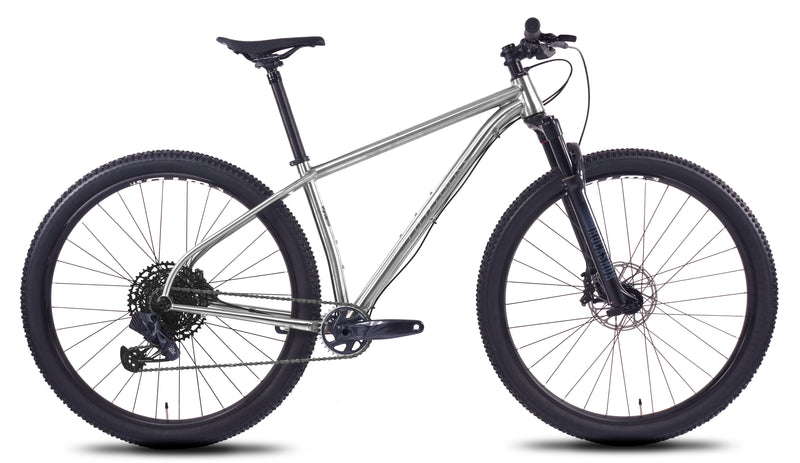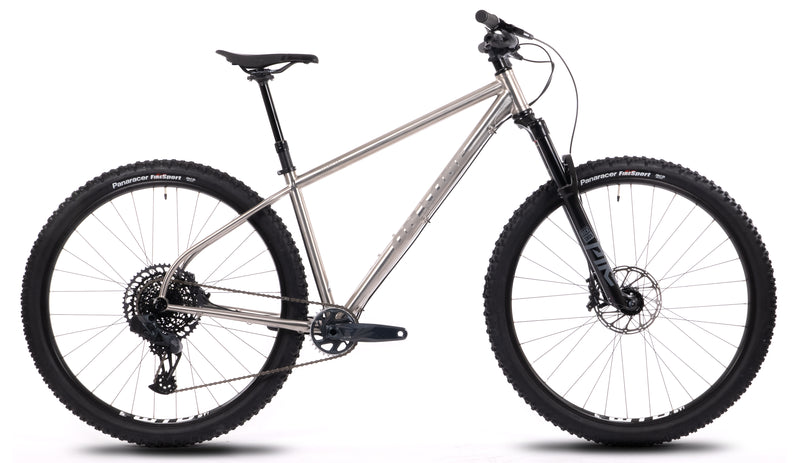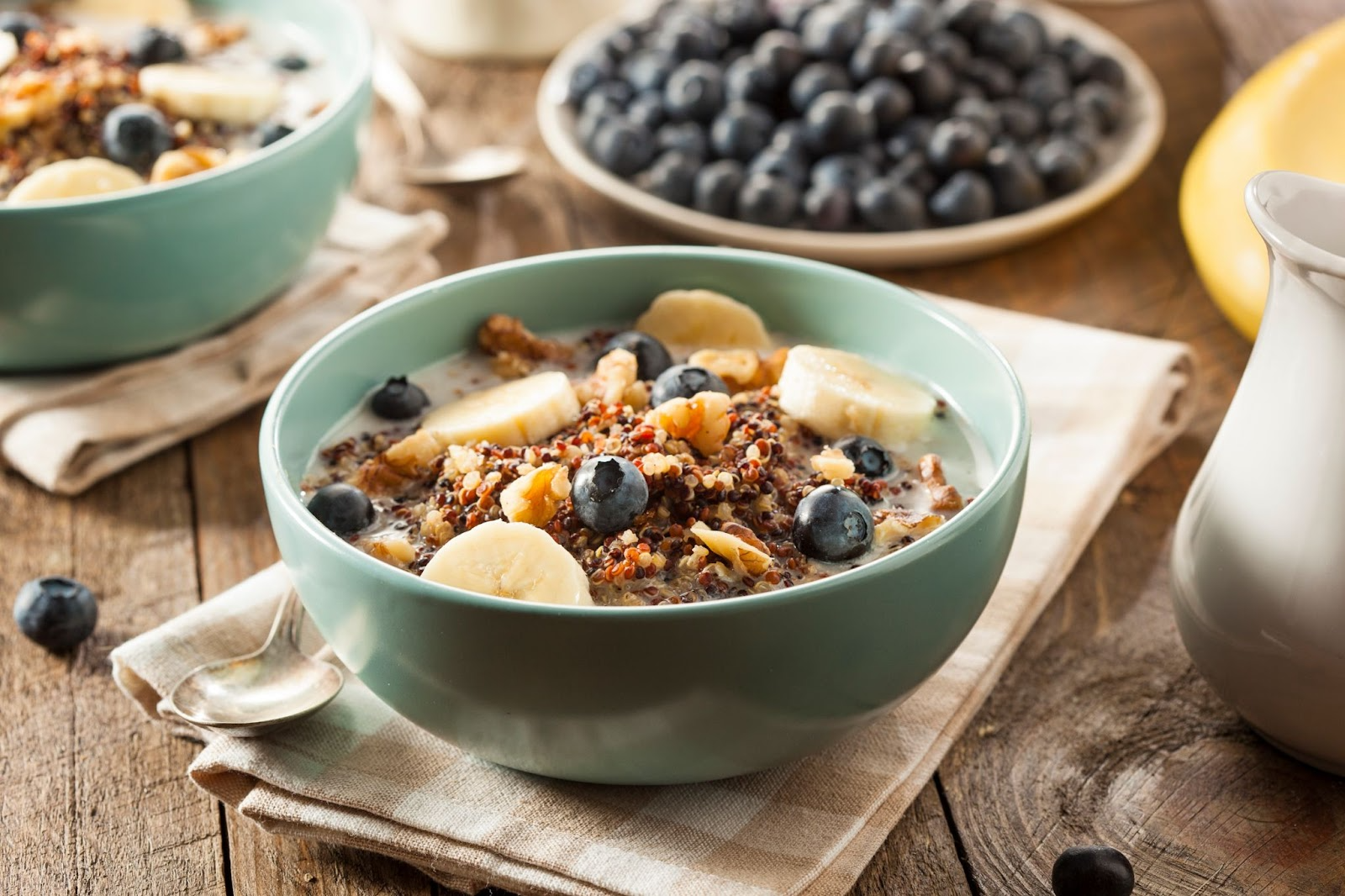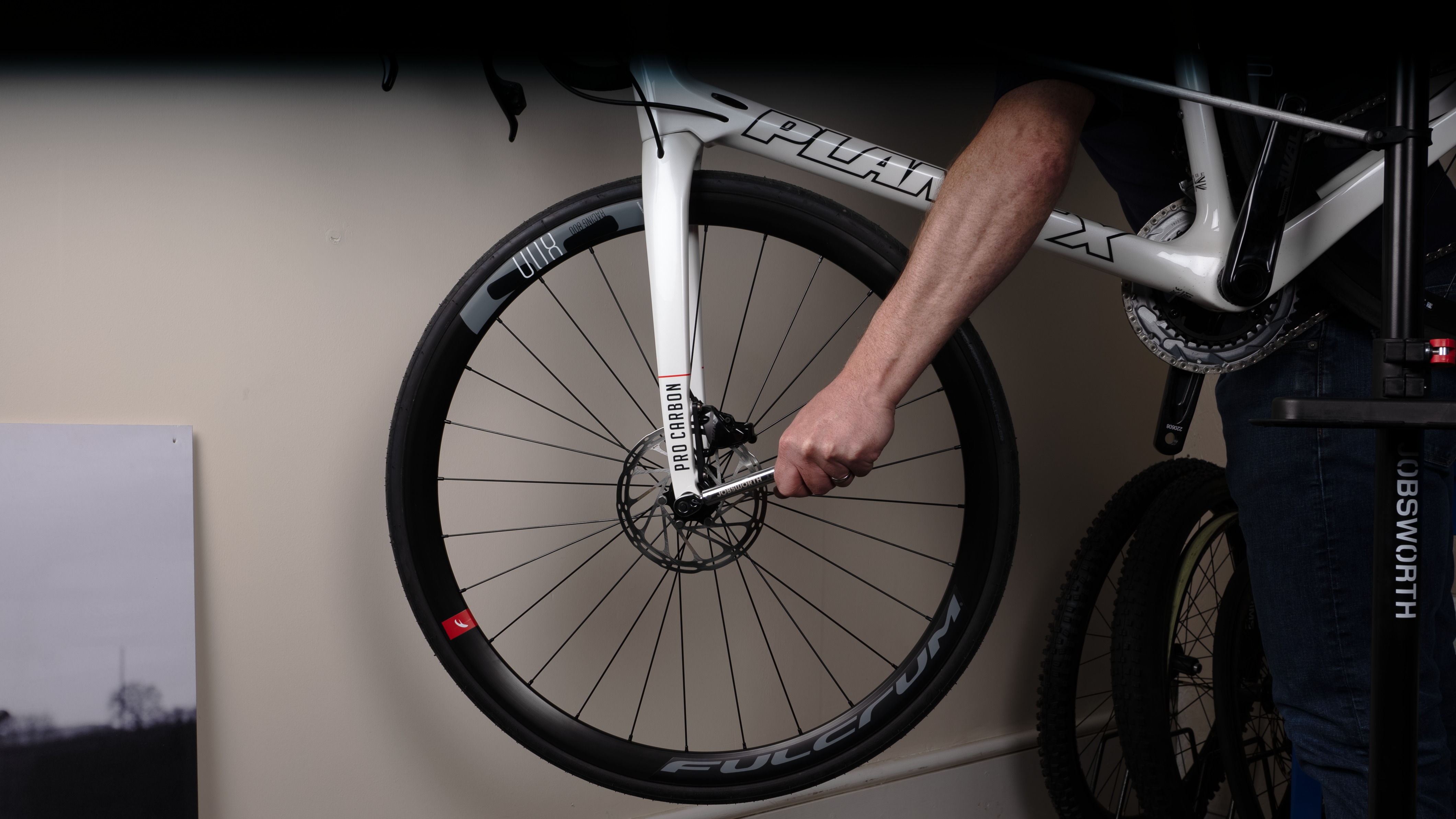How Does Cycling Improve Health?
7 March 2023

Recently we’ve taken a look at how cycling benefits your mental health, as well as how cycling can improve your fitness. Now it’s time to explore how going out on your bike can help to develop and maintain your mobility.
One of the best things about cycling, in our opinion, is that it’s so accessible to a wide range of people. While some people may struggle with similarly popular forms of exercise like jogging and running due to the stress put on their joints, most find that cycling is a great low-impact alternative. Additionally, it can be an excellent way for those who find hikes difficult to get out and about in the fresh air of a weekend. Plus, not only is it accessible for those who are less mobile, it’s also beneficial for them.
What does cycling improve?
Regardless of your age, it’s always a good idea to work on your mobility. It’s something that naturally declines to some extent as you age, but if you take regular exercise and stay healthy throughout your life, you can generally expect to be more mobile in your later years. Cycling is just one of the ways you can do this.
To be clear, we’re not just talking about the top pro-level cyclists. You don’t need to be an elite racer to take advantage of the health benefits of cycling. Whether you bike to work on weekdays or go cross-country on the weekend, it all adds up to boost your physical fitness with lasting effects.
The three core aspects of mobility we’ve decided to look at in this article are flexibility, posture and balance. Improving these key elements of wellbeing is worthwhile for anyone, but that’s not the end of it. Not only does cycling play a role in improving these areas, but they can improve your cycling too!
Let’s take a more in depth look at how cycling can benefit your mobility.
Does cycling improve flexibility?
Flexibility is something we often take for granted, but it can have a huge impact on your day-to-day life if you start to lose it. Things like bending down to tie your shoelaces, getting out of bed and climbing the stairs all become harder as your muscles stiffen and suddenly everything takes that little bit more effort than it used to.
How does cycling help? Well, simply put, it keeps you in practice. Cycling is known to be a work out for the whole body, which means it gets as many of your muscles moving as possible. The secret to not seizing up like the Tin Man is to keep moving, and cycling is a pretty efficient way of doing that.
Does cycling improve posture?
Something people are becoming more and more aware of is how bad posture can form as a result of hunching over laptops, phones and books. But it’s not limited to those with a desk job - anyone can end up with bad posture for any number of reasons. It can be difficult to know what to do to rectify it, particularly if stretching exercises like yoga or pilates aren’t your thing.
Fortunately, cycling can help. When you’re cycling you have your back straight and your arms outstretched for a prolonged period. This can help to strengthen the relevant muscles in your back, shoulders and arms, which can in turn help you to maintain good posture off the bike.
Does cycling improve balance?
Balance is another important aspect of mobility that deteriorates as we age, and it’s one that isn’t always easy to know how to improve. Sure, you could try yoga, or walking on a balance beam, but what if you could work on your balance while enjoying the exhilaration of a mountain biking trail or the beauty of a natural landscape? With cycling, you can.
A pilot study in Australia found that increased cycling amongst adults over the age of 40 was associated with better balance, suggesting it may be an effective form of exercise to help with fall prevention. The study used several measures of balance, both physical, such as muscular strength, and mental, like response time.
The physical side of balance improvements stemming from increased cycling are easy to explain. As you cycle, you build muscular strength in your legs and arms, but also in your abdominal muscles or core. One of the main roles of these muscles is to keep you balanced when standing, sitting and moving, so increasing their strength improves your balance.
The mental side also makes sense. Cycling is a sport that relies upon you being aware of your surroundings - spotting obstacles, planning routes, making decisions about how to tackle that next hill or slope. Not only are you working out your body, but you’re working out your brain, too, and this all translates into greater spatial awareness and balancing skills off the saddle.
These are just some of the great benefits you can enjoy from regular cycling, whether you’re a seasoned pro or an eager beginner. It takes time to see the full effects of getting regular exercise in this way, but we’re sure you’ll find it was worth the wait. So what are you waiting for? Why not get out on your bike today?
